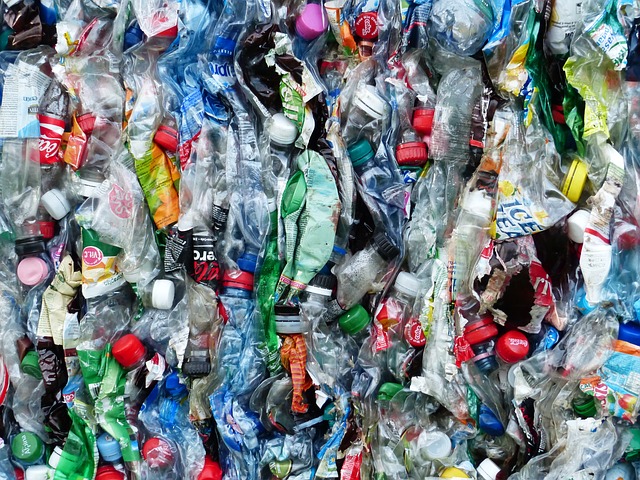
Representational Image by Hans Braxmeier from Pixabay
Delhi-based Centre for Science and Environment (CSE) has released a study assessing how transparent state pollution control boards (PCBs) are, in terms of putting out environmental and governance information into the public domain.
The study titled TRANSPARENCY INDEX: Rating of Pollution Control Boards on Public Disclosure assessed the data disclosure performance of 29 PCBs and six pollution control committees (PCCs) from across the country.
Overall, in terms of solid waste, 14 SPCBs/PCCs do not share any information on municipal waste generation; 11 on plastic waste generation; 10 on hazardous waste; and nine on e-waste.
Regarding MSW, it has been observed that out of 34 states, 17 have shared information on total solid waste generation, collection and treatment—Andhra Pradesh, Chhattisgarh, Haryana, Himachal Pradesh, J&K, Karnataka, Kerala, Maharashtra, Madhya Pradesh, Mizoram, Punjab, Puducherry, Sikkim, Tamil Nadu, Telangana, Uttar Pradesh and West Bengal.
Arunachal Pradesh has shared information on solid waste generation and collection, while Manipur and Tripura have shared information only on solid waste generation.
However, no initiative has been taken by 14 SPCBs/PCCs—Andaman & Nicobar, Assam, Bihar, Chandigarh, Daman Diu, Delhi, Goa, Gujarat, Jharkhand, Meghalaya, Nagaland, Odisha, Rajasthan and Uttarakhand—for sharing municipal solid waste information on their websites.
As per the CSE report, municipalities do not keep/maintain regular data on waste generation and its composition, which is one of the reasons for unavailability of municipal solid waste information on websites.
Highlights of the CSE Report:
- Report assesses how actively boards display and disclose key environment and governance-related information in the public domain
- CSE has rated 35 pollution control boards and committees based on information furnished in the public domain under 25 parameters- only 17 have scored grades above 50 percent
- Report also highlights a lack of uniformity in the display of the available information



